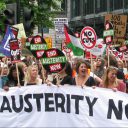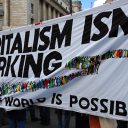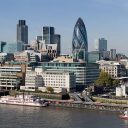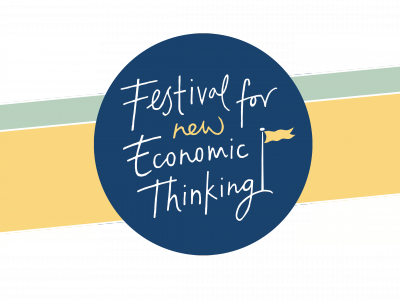From a barrier to a bridge: reclaiming economics a tool for change
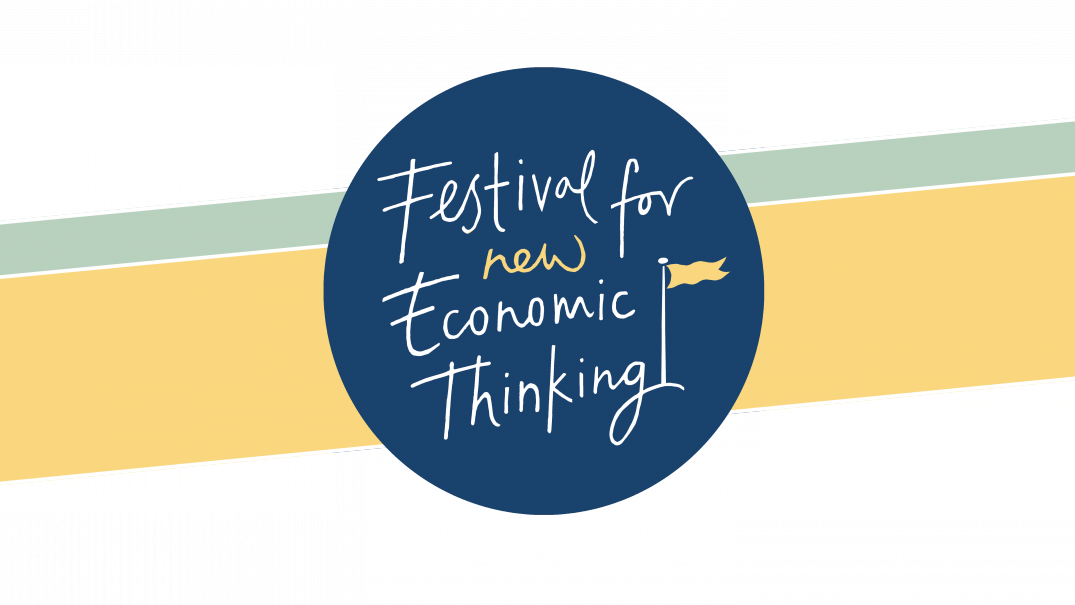
Economics is having an image crisis. It’s all around us, and yet few of us are able to relate to the subject, let alone feel the agency to transform it. At a time where our dominant economic models are failing us, individuals aren’t equipped to effectively participate in discussion of the
subject – exasperating an already non-functioning democracy. The subject urgently needs to be transformed from a barrier to a bridge for people to engage in critical, grounded and informed political debate.
For most people, economics is recognised as simultaneously ubiquitous and important, but an inaccessible, distant and abstract force over which we have little control. People know it’s all around them, but what it even is (let alone how we can affect it), is a mystery to most. At Economy, we’re working to unpack how people experience the subject, what the barriers to engagement are, and what needs to change in order for it to become a tool to build an economy created by everyone.
One of our first findings last year was that only 12% of the UK feel that politicians and the media tend to talk about economics in an accessible way that makes it easy to understand. Perhaps unsurprisingly, this is even starker in lower income families, dropping to 7%. When it comes to elections, for many the highpoint of the democratic calendar, only a third of us feel that information about the economy in the media is useful enough to help us make an informed voting choice.
The perception of usefulness of economics is lower than the pitiful average in not only those from a lower socio-economic background, but also the young. In the election this year, our research found that nearly 60% of young people did not feel the information they could access was useful enough to inform their vote. And yet we know that democratic malaise is not the issue; passion, excitement and energy in politics amongst the young is at an all time high.
The problem lies in how the subject is communicated. The single biggest request from the people we speak to is always the same: ‘Explain it in layperson’s terms!’. This statement is often closely followed by a complaint that economic information is not presented in a manner relevant to their lives, and it is often shrouded in meaningless, inaccessible terminology. This sentiment is found in over 70% of participants. It’s a clear message: economics, as spoken about in the public sphere, needs to eliminate jargon, simply and define difficult vocabulary, and drop assumptions about the levels of understanding of its audience. Answers like this are common in our interviews:
“When people talk about the economy, it’s just talking about millions and billions of pounds. So I feel it’s not connected to me at all”
“I feel like [the economy’s] very big, like it refers to something very big… I don’t feel I know enough to have an opinion”
“FTSE? I know that’s a thing that you do with your feet under the table”
Our research highlights a serious economics literacy problem, leaving economics accessible to those with a certain level of power, privilege and education. This leaves us with a major imbalance between decision makers and citizens – an imbalance that leaves those feeling the worst effects of our economic system the least able to engage in change. New thinking for the British economy needs support from a public that is able and willing to hold those with economic power to account. Moreover, it needs a public that can engage with economic discussion and that has the agency to assert its demands from the economy.
Fixing economics communication cannot be left only to those already doing it. We need to develop a new cohort of economics educators, communicators and commentators, representative of the society the economy should serve. Elinor Ostrom remains the only woman to have ever won a nobel prize in economics (out of more than 75 awarded), and there have only been two non-white recipients. There is little sign that the current arbiters of economic excellence have any interest in bringing more people into the conversation.
We need to reclaim economics as a tool we can all use, take ownership over, and have confidence in. When considering some of the dominant economic narratives of the last ten years (austerity being the most obvious example), it is clear that they haven’t been created in the interests of the many. With better understanding, communication and presentations of the subject, the subject can be used as a catalyst for change.


